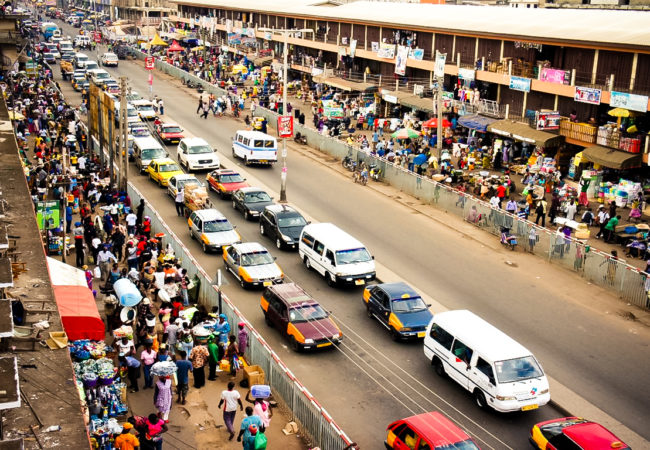Ghana’s informal economy is vast, vibrant, and indispensable. It sustains livelihoods, fuels commerce, and employs 80% of the nation’s workforce, according to the Ghana Statistical Service; from market women and welders to seamstresses, food vendors, carpenters, and mobile artisans. Despite this vital role, the Ghana Revenue Authority (GRA) reports that the informal sector contributes less than 2% of total tax revenues and 27% of the nation’s GDP. This glaring disparity is more than just a fiscal issue; it reflects a deeper crisis of trust, equity, and structural exclusion. Informal workers have existed on the fringes of policy for decades, facing inconsistent tax enforcement, limited engagement from state institutions, and little return on their tax contributions. The result is a gap that is as political as it is economic; a disconnect between the state and the people who drive its everyday economy.
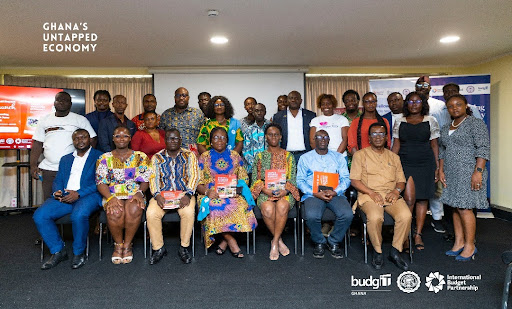
On June 26, 2025, BudgIT Ghana, in collaboration with SWIT and the International Budget Partnership (IBP), officially launched a groundbreaking study report that addresses this exact disparity. The research, titled “Ghana’s Untapped Economy: An Analysis of Tax Compliance Behaviour of Informal Sector Workers in the Greater Accra Region,” critically examines the drivers, barriers, and behavioural dynamics shaping tax compliance within the informal sector. Held in Accra, the event brought together policy actors, civil society organisations, local government experts, academia, development partners, and informal sector workers.
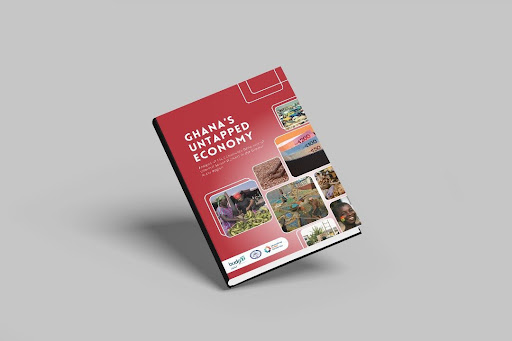
At the heart of the report lies a mixed-methods study combining focus group discussions with a comprehensive survey of 500 informal workers across sectors like manufacturing, services, and retail. The data present a complicated picture: although there is some awareness of taxes, compliance is frequently motivated by fear of state harassment rather than civic obligation. Rather than out of a sense of national duty, many respondents acknowledged that they paid taxes only to avoid intimidation or having their goods confiscated. Even more surprising is the fact that a significant number of workers equate market tolls or local levies with formal taxes, exposing deep gaps in tax literacy and public education. This confusion, coupled with an absence of feedback or evidence on how taxes are used, has contributed to low tax morale and a pervasive sense that the system does not work in their interest.
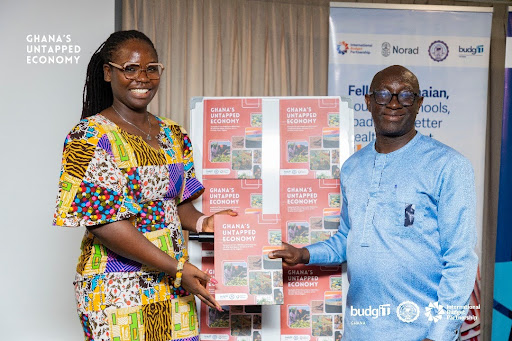
The report also highlights the crucial role that gender plays in enforcement. The informal economy is dominated by women, who reported more frequent and aggressive encounters with tax collectors. These incidents highlight the need for gender-responsive tax policies that recognise women’s economic contributions without imposing disproportionate burdens; otherwise, a fragmented tax system emerges that undermines public confidence and perpetuates inequality. And yet, the report is not merely diagnostic; it is deeply forward-looking. Contrary to popular belief, most informal workers expressed a willingness to pay taxes, provided the system is made more transparent, less bureaucratic, and linked to visible public benefits. Simplified procedures, mobile-friendly payment methods, and decentralised tax education run by dependable middlemen such as community leaders, religious organisations, and market associations were all strongly supported. These results reflect that the informal sector is not resistant to taxation; it is merely tired of being viewed as a target rather than a partner in national development.
Crucially, the launch of this report coincided with a policy announcement by the Ghana Revenue Authority (GRA), which revealed that it will start implementing a Modified Tax Filing System for the informal sector on July 1, 2025. Speaking on this, Dr Alex Kombat, the GRA Assistant Commissioner of Research and Policy, stated that the goal of this new approach is to reduce the friction between tax officials and taxpayers while simplifying the compliance process. The timing of this initiative is significant as BudgIT Ghana’s report not only validates the need for reform but also offers concrete, citizen-informed recommendations that align with the objectives of the GRA. The synergy between data and policy at this moment presents a genuine chance to move from exclusion to engagement, if government institutions are willing to listen and act accordingly.
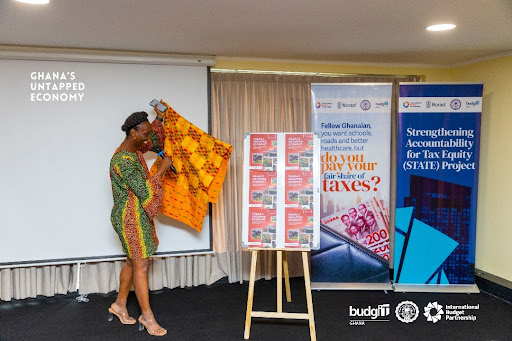
During discussions, representatives from the GRA, Ministry of Finance, MMDAs, academia, and civil society all reinforced the same message: the time for inclusive tax reform is now. However, as discussions progressed, it became evident that enhancing compliance in the informal sector would take more than just systems; it would also require a mindset shift. Geoffrey Ocansey of Revenue Mobilisation Africa illustrated the dilemma of equity, citing a situation of a security guard in Accra earning GH₵450 per month, who despite being employed, simply lacks the capacity to pay taxes due to financial constraints. Responding to this, Dr. Abdul-Malik Iddrisu of the Institute for Fiscal Studies emphasised the importance of educating citizens on the long-term benefits of filing taxes, while Benedict Doh of the Ghana Integrity Initiative argued that the deeper challenge is cultural; a prevailing perception of taxes as burdensome rather than beneficial, which must be intentionally transformed through public engagement and civic trust-building through tangible commensurate public service delivery.
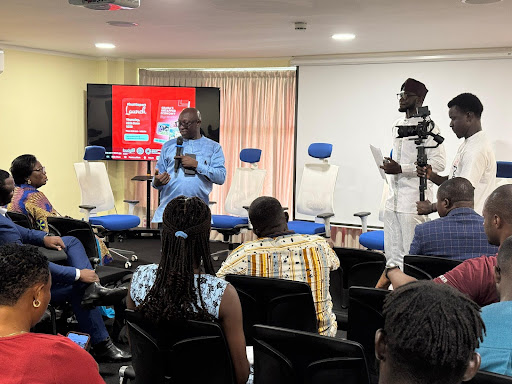
Looking ahead, BudgIT Ghana is committed to working with stakeholders to transform the report’s findings into actionable reforms, grassroots campaigns, and institutional change. With plans to localise the insights, engage the media, and build coalitions across the informal sector, the organisation will also advocate for feedback systems that show citizens the tangible impact of their taxes. Ghana’s Untapped Economy is not just research; it is a civic roadmap, because inclusive taxation is not only about revenue; but about equity, accountability, and building a democracy that works for everyone.
